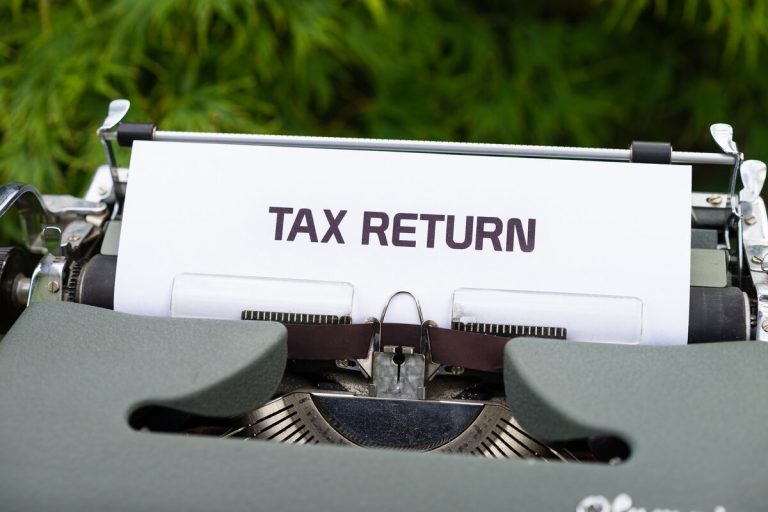
With the range of technology and software available today, it’s become easier than ever to work from home. Employees can efficiently complete calls using teleconferencing software, many collaboration tools are now cloud based, and work devices, including laptops and tablets, are light and portable.
If you’ve been working from home, you’ve likely also set up a dedicated work area, and you’re using your own electricity and resources to power your workday. But which of these items can you claim in your next tax return to ensure you maximise your return?
How many Australians work from home?
Working remotely has become more common as companies began providing the technology to enable employees to work from anywhere. Research from Roy Morgan found that in early2020, at the height of the COVID19 pandemic shut down, 32 per cent of Australian workers were working from home. This equates to over .3 million people.
It’s easier for employees in certain industries to work from home, such as finance and insurance, public administration and defence, and communications. In contrast, more “handson” industries such as retail, manufacturing, transport and storage and agriculture still require staff to be present instore.
Tax deductions available if you work from home
Home office expenses you may be able to claim include:
- electricity;
- cleaning costs for your dedicated work area;
- phone and internet expenses;
- computer consumables – such as printer paper and ink cartridges;
- stationery;
- and home office equipment – including computers, printers, phones, furniture, and furnishings.
The Australian Taxation Office (ATO) provides a complete list of the available deductions and how to calculate each on its website.
How to calculate your home office expenses
There are three methods employees can use to calculate their home office expenses:
- Shortcut method: 80 cents per work hour – only available from 1 March 2020 to 30 June 2021
- Fixed-rate method: 52 cents per work hour
- Actual cost method
Be careful with home office expenses.
If you include home office expenses in your next tax return, ensure you calculate and apply your deductions correctly. For example, you can claim the full cost of home office equipment up to $300, but you need to claim the decline in value (depreciation) for any items that cost over $300.
Regardless of the method you use to calculate your expenses, you will need to have records. You’ll need to keep receipts for any purchases you’ve made and a record of relevant utilities and bills.
You’ll also need to keep a timesheet, roster or diary that shows the hours you’ve worked from home.
If you can, keep your relevant records and receipts aside and updated throughout the year to save yourself a significant administrative workload at tax time.
Have a professional prepare your tax return to maximise your refund
With the range of deductions that may be available to you, plus the different calculation methods for home office expenses, having a registered tax professional prepare your tax return can be worth the investment. Quite often, your maximised refund will more than cover the cost of having a professional prepare your return.
If you’re unsure about the home office deductions you’re entitled to, contact an accountant or qualified financial professional for advice.
The Ferizis Group is here to help.
Disclaimer: The information contained in this news post is general in nature and is intended to provide a general summary only and should not be relied on as a substitute for professional advice.
The Ferizis Group is a wholly owned subsidiary of Connectus Wealth Pty Ltd ACN 643 457 023. Connectus Wealth and Connectus Wealth Advisers are registered trademarks of Connectus Wealth Pty Ltd. Each representative of The Ferizis Group is an employee of, and remunerated by, Connectus Services Pty Ltd ACN 644 395 808 (Connectus Services). Connectus Services is a related body corporate of The Ferizis Group. Connectus Services does not hold an Australian Financial Services Licence (AFSL) and is not authorised to provide any financial services. The services promoted on this website are provided by The Ferizis Group under its own AFSL.

